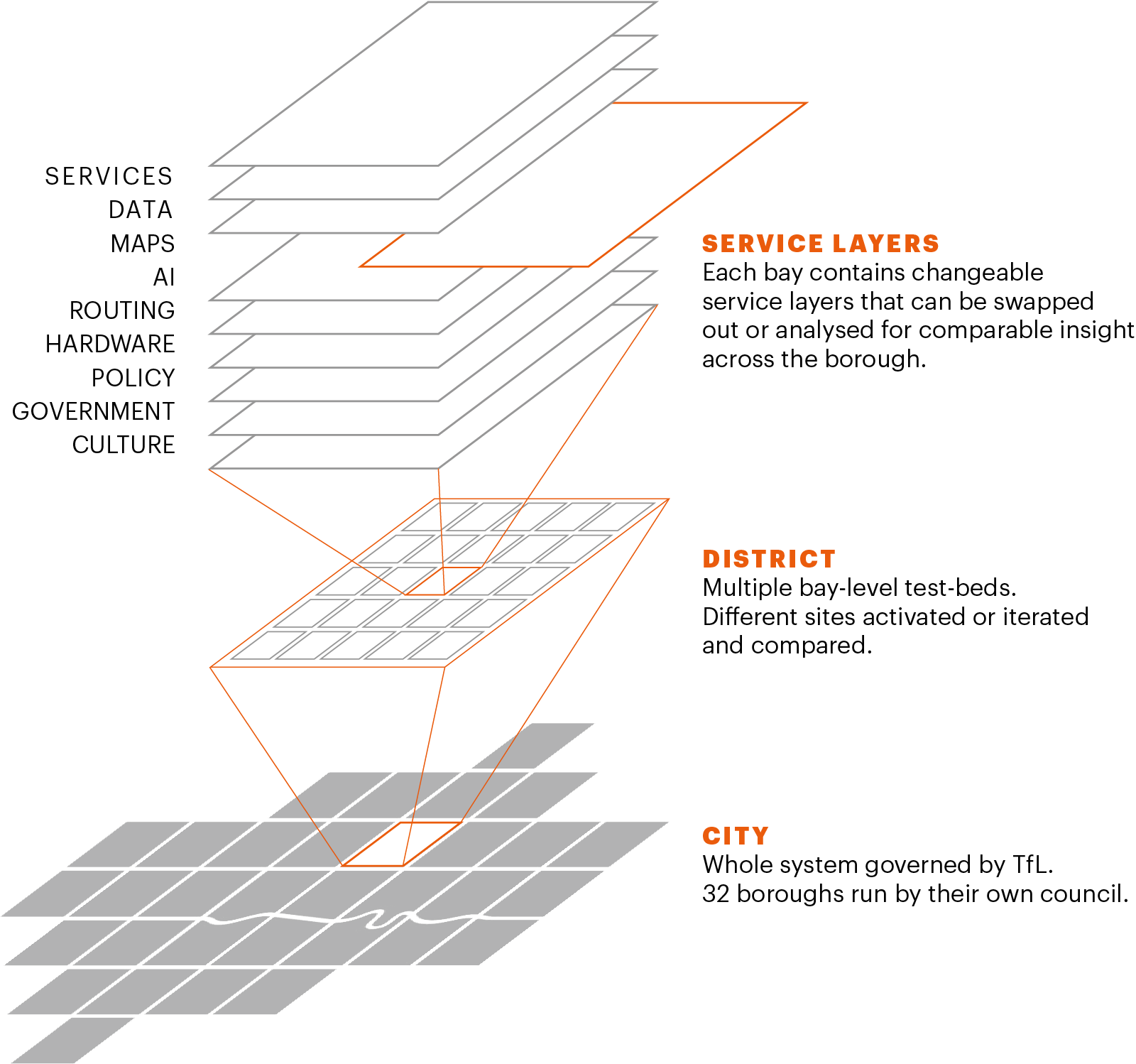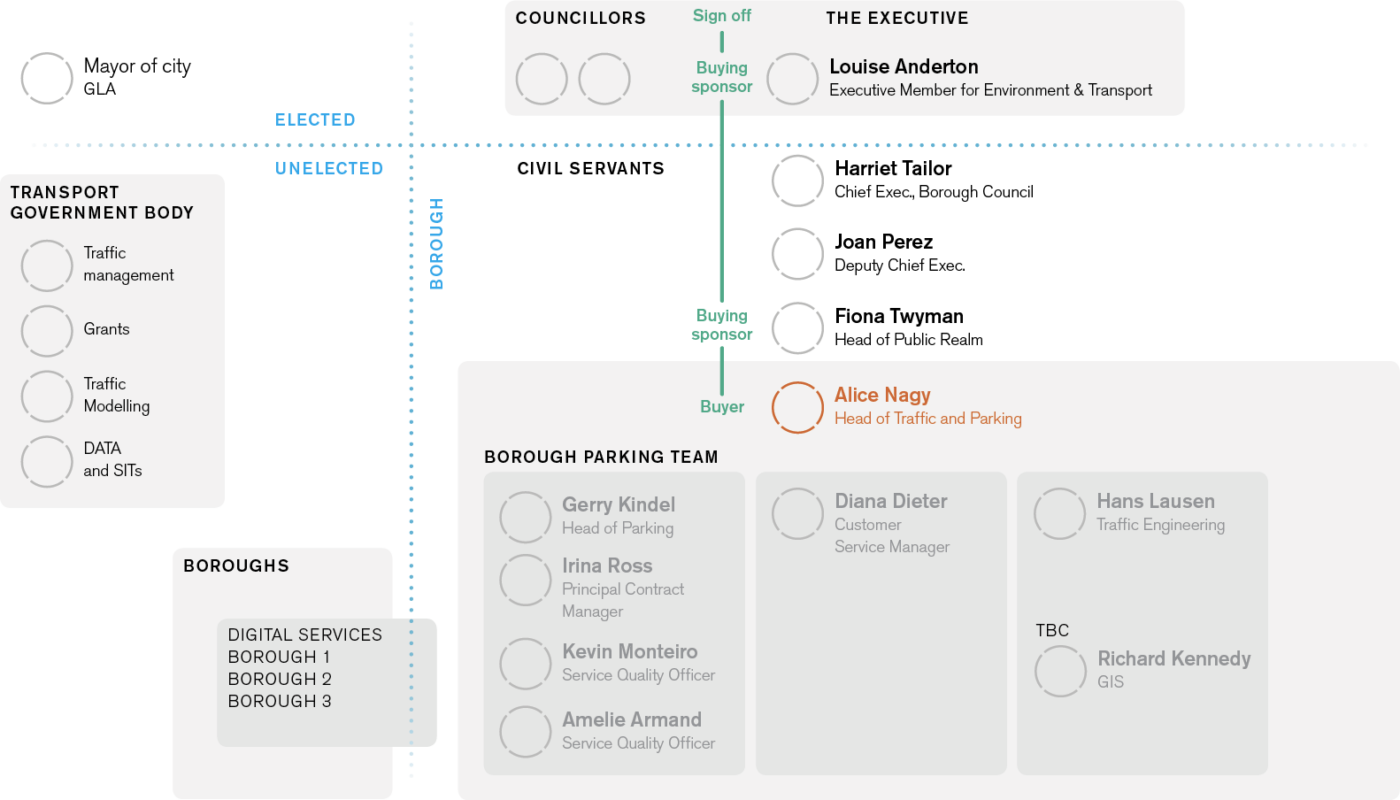Helping global cities serve their citizens
Ford Smart Mobility asked us to help them develop an Intelligent Transport System to sell to cities that would create value for Ford via revenue, new IP based on data usage, and relationships with city managers across the globe.
Cities around the world are facing a massive strain on their transport networks, leading to problems with congestion, emissions, and operational efficiency. In our research, we found that city managers do not have the tools needed to fully utilise their own transport network data. By removing obstacles to accessing robust evidence, cities can make better decisions and help their citizens.
“After the flood’s team understood the multi-faceted complexity of Smart Urban Mobility better than any of our other partners. They helped us cut through the complexity with their research and frameworks around city user needs as well as their expertise in data auditing to show us what was possible. And on top of prototypes, they helped to shape our product strategy and to create a go-to-market plan.”
Sagie Evbenata, Product Owner, Ford Smart Mobility
Layers of the city
Smart mobility is a rich and varied sector that is still very much developing with many unknowns in play. We helped Ford identify the key elements for an MVP by focussing on what was achievable right now without losing sight of their longer term strategic goals.
City data is a complex tangle of ownership, contracts, and technologies. We helped Ford scope and source the right data to launch their service with. To get there, we audited data spanning from emissions to asset management and from traffic counting to and parking. This process was made possible by the relationships we developed with city managers and our ability to quickly get up to speed with their needs.

Corporate cartography
Understanding the flows of power in cities was key to making this project happen. We mapped out both where decisions about software are made and what the organisational requirements are of different users are. One way we synthesized our research was by creating a ‘corporate cartography’ diagram for each city we spoke to. This allowed us to communicate where decisions such as software procurement were made and who we should work with to move the project forward. Ford were able to make use of these insights in other mobility projects.

Proposition development
We helped Ford navigate the complexity of city management and smart mobility analytics by making the strategy tangible through service prototypes. The Ford team were able to engage their own internal senior stakeholders as well as having practical discussions with the city managers they were looking to partner with.